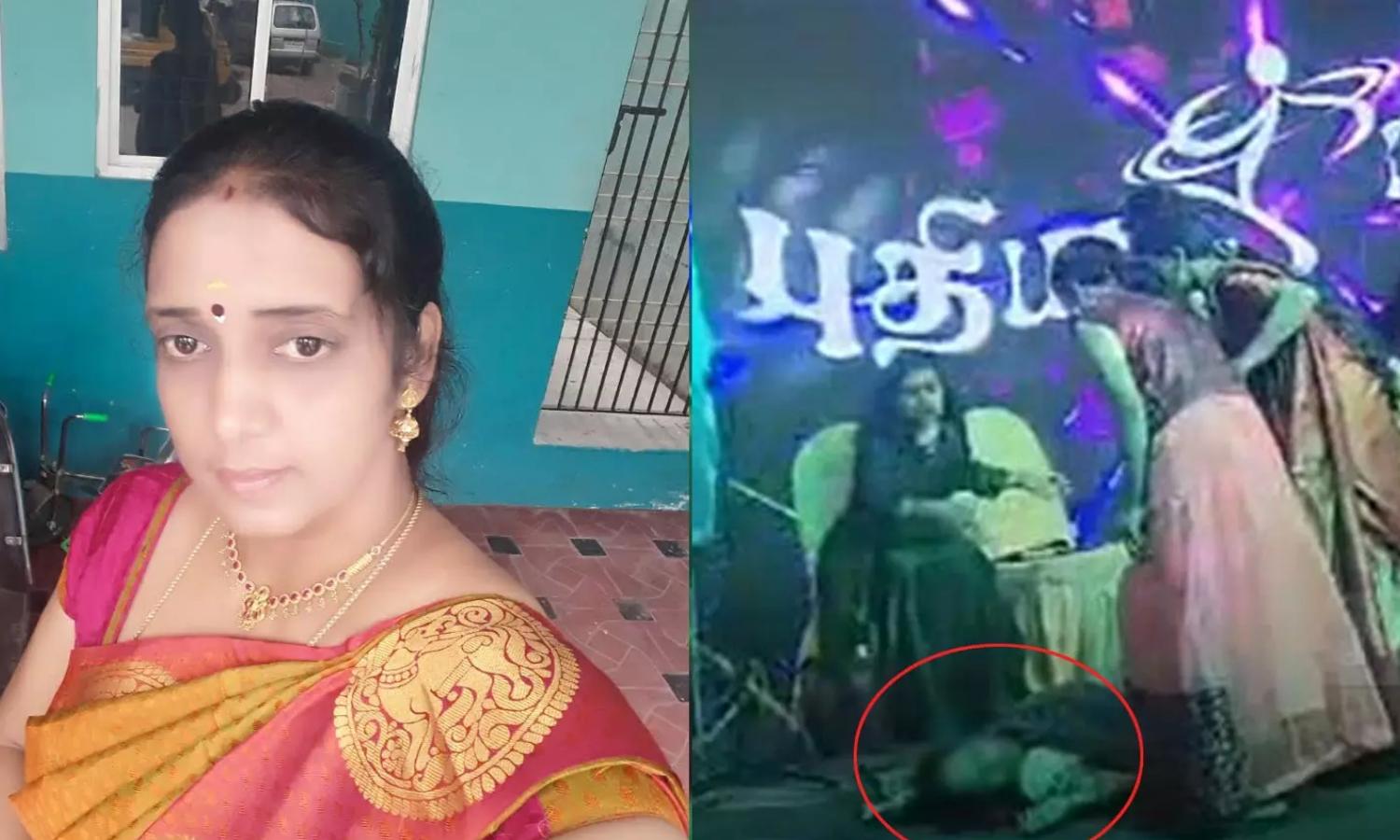Surge in post-COVID heart attacks among youngsters in TN: Study
Doctors attribute this rise in cardiac cases to multiple factors such as unhealthy food habits, increased consumption of processed food and maida-based products, drug and tobacco use, stress, disturbed sleep cycles, and sedentary lifestyles.

Representative image
CHENNAI: There has been an alarming rise in heart attacks among youngsters in Tamil Nadu, particularly in the post-COVID-19 period, revealed a recent study by cardiologists at the Tamil Nadu Government Multi Super Speciality Hospital (TNGMSSH), Omandurar Estate.
Of the 10,842 patients treated for heart attacks between January 2018 and December 2023, 2,452 were below the age of 45, found the six-year study. Noting how this is a demographic traditionally considered to be at lower risk, doctors involved in the study said COVID-19 has significantly contributed to the doubling of cardiac complications in this age group.
"Our study compared pre- and post-COVID data, and the results are concerning. From 2018 to 2020, about 897 youngsters were affected with acute coronary syndrome (heart attacks). But between 2021 and 2023, the number rose sharply to 1,560 in those aged less than 45. COVID has clearly altered our health and lifestyle, making even young individuals more vulnerable," said Dr J Cecily Mary Majella, professor and head of cardiology and senior interventional cardiologist at TNGMSSH.
Doctors attribute this rise in cardiac cases to multiple factors such as unhealthy food habits, increased consumption of processed food and maida-based products, drug and tobacco use, stress, disturbed sleep cycles, and sedentary lifestyles. COVID-19 has further aggravated these risk factors, along with hypertension, diabetes, and dyslipidemia in young individuals, leading to increased clot formation in the coronary arteries.
"Youngsters, even those who appear healthy and physically active at gyms or playgrounds, are succumbing to sudden cardiac arrests due to alteration in the heart rhythm. This is largely due to undetected damage to coronary blood supply channels. Any form of exercise, whether walking, running, or gym workouts, must be taken up gradually. Otherwise, it can trigger severe complications," Dr Majella cautioned.
Challenging the conventional practice of cardiac screening after 40, doctors now recommend master health check-ups from the age of 18. The study highlights that cholesterol levels among teenagers and young adults have spiked in recent years, while women, too, are losing the natural protective advantage offered by estrogen.
HEART ALERT
•10,842 patients treated for heart attacks in six years at TNGMSSH
•2,452 were below 45; post-COVID cases nearly doubled
•75.6% male and 24.4% female patients
•897 youth affected in 2018–20; and 1,560 in 2021–23
•Doctors recommend master health check-ups from age 18
•Lifestyle risks: Junk food, smoking, stress, irregular sleep, drug use
"We need to create awareness that preventive health check-ups are not optional but essential. Teenagers must undergo regular ECGs and echocardiograms. Delaying check-ups can result in undetected heart defects that are only diagnosed at critical stages such as pregnancy or severe cardiac failure," she stressed.
Doctors further stress that the findings of this study must serve as a wake-up call, particularly for younger generations who are increasingly at risk. Regular screening, healthy food choices, timely exercise, and stress management, they say, will be crucial in curbing the rising epidemic of lifestyle-induced heart disease.
Over the past decade, TNGMSSH has performed more than 30,000 percutaneous coronary interventions without leaving scars. These include complex angioplasties, stenting for over 70% arterial blockages, and device closures for congenital heart defects.
Notably, the hospital has successfully carried out 328 device closures of Atrial Septal Defects (ASD), with the majority of patients being women under 40. "These holes are present from birth but often go unnoticed until adulthood. If detected early, they can be closed within 15 minutes through percutaneous procedures. However, once blood flow shifts from the right to the left chambers, options become very limited," she explained to DT Next.
Dr Majella and her team have also pioneered rare interventions, including closure of Ruptured Sinus of Valsalva (RSOV) cases. In one case, a 73-year-old patient with multiple organ complications underwent a successful non-surgical closure — reportedly a first in the world. Another rare case involved a 22-year-old student with double RSOV and cardiac failure who returned to college within days of undergoing the procedure.
"These procedures, which cost between Rs 5 lakh and Rs 10 lakh in private hospitals, are performed free of cost at TNGMSSH. Despite the challenges, our team has been able to deliver world-class outcomes," she said.
In recognition of her contributions, Dr Majella was recently honoured by the Asia Pacific Vascular Interventional Society for her work in managing rare cardiac cases.
•30,134 interventional procedures performed in 10 years at TNGMSSH
•328 ASD device closures — mostly women under 40
•Free of cost at TNGMSSH; private hospitals charge Rs 5–10 lakh
•Global recognition for rare life-saving procedures, including RSOV closures




